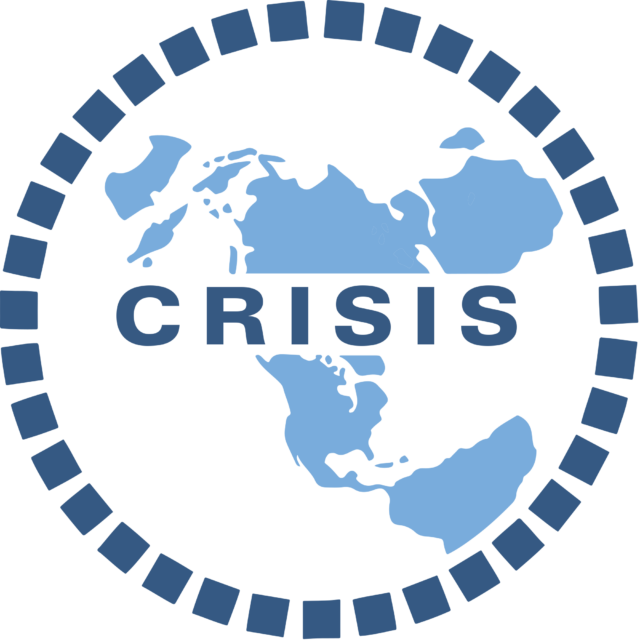Committee Overview
The Executive Yuan, Taiwan’s Cabinet, includes ministers from key government agencies and other prominent Taiwanese leaders. This group is responsible for implementing laws, managing national defense and foreign affairs, and coordinating Taiwan’s response to internal and external threats. After the Chinese Civil War in 1949, the Kuomintang-led ROC government retreated to Taiwan with an adapted constitutional framework that is still in use on the island. The Executive Yuan was largely controlled by the ruling Kuomintang Party in the earlier years, but Taiwan began to democratize in the 1990s, culminating in a transfer of executive power away from the Kuomintang Party in 2000 to the Democratic Progressive Party (DPP). There have been subsequent executive power transfers since, but the DPP has held the office for three consecutive terms now. In light of the recent threats to Taiwan’s sovereignty and political stability, President Lai Ching-te has assembled a group of prominent Taiwanese leaders across political parties to advise him on what action to take. During the committee, the ministers must craft immediate responses, propose strategic reforms, and balance Taiwan’s democratic principles with national security concerns.
Topic: Threats to Taiwan’s Sovereignty and Stability
Foreign interference in Taiwan’s domestic affairs has become increasingly apparent. Disinformation campaigns and economic coercion by China have threatened the integrity of Taiwanese elections, signaling a shift toward more active efforts to exert political influence over the region. Nearby, China continues to militarize the South China Sea through large-scale military drills and incursions on Taiwan’s airspace and ocean territory, threatening Taiwanese sovereignty and the entire regional economy. However, clashes between Taiwan’s political parties have prevented the government from effectively responding to these threats. In the Legislative Yuan, a coalition led by the Kuomintang Party (KMT) and Taiwan People’s Party (TPP) holds a majority. It has slashed Taiwan’s defense budget and introduced new restrictions on Taiwan’s highest court, potentially breaching the separation of powers and creating an unprecedented constitutional crisis. As members of the Taiwanese Cabinet, delegates must navigate this intense political gridlock to protect Taiwan’s sovereignty and national security. As deep-seated tensions come to head, Taiwan faces a challenging road that will shape its role on the global stage for years to come.

